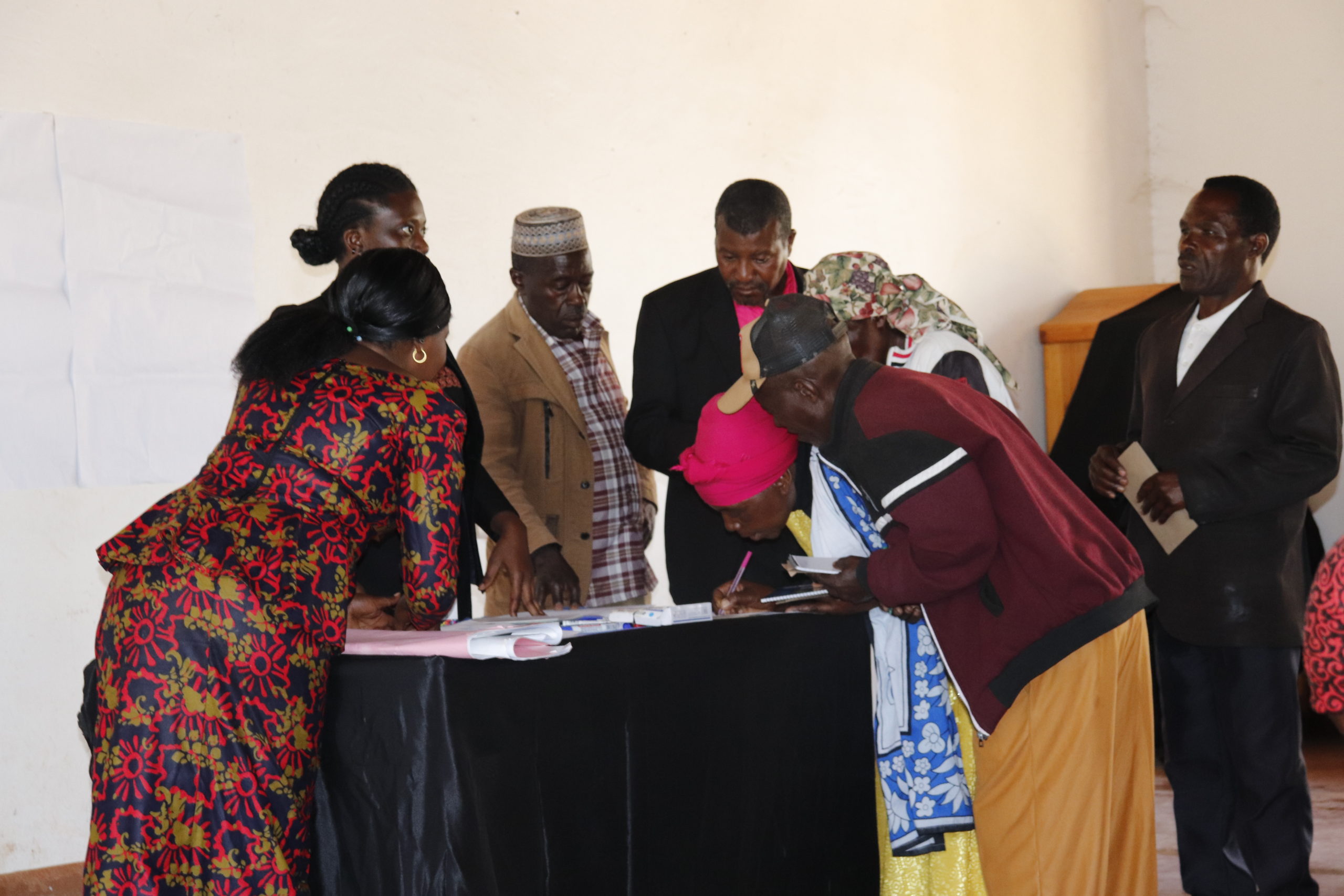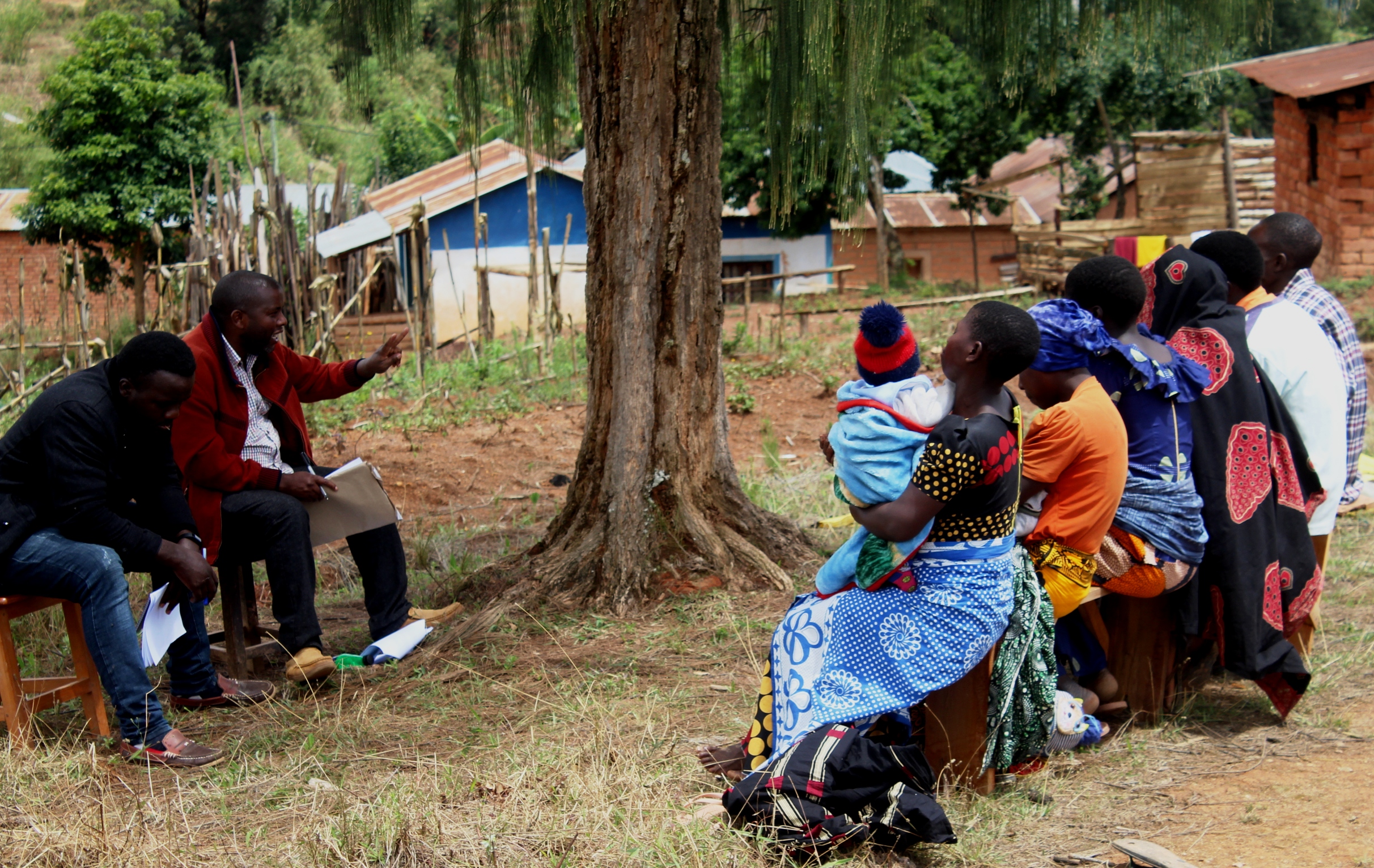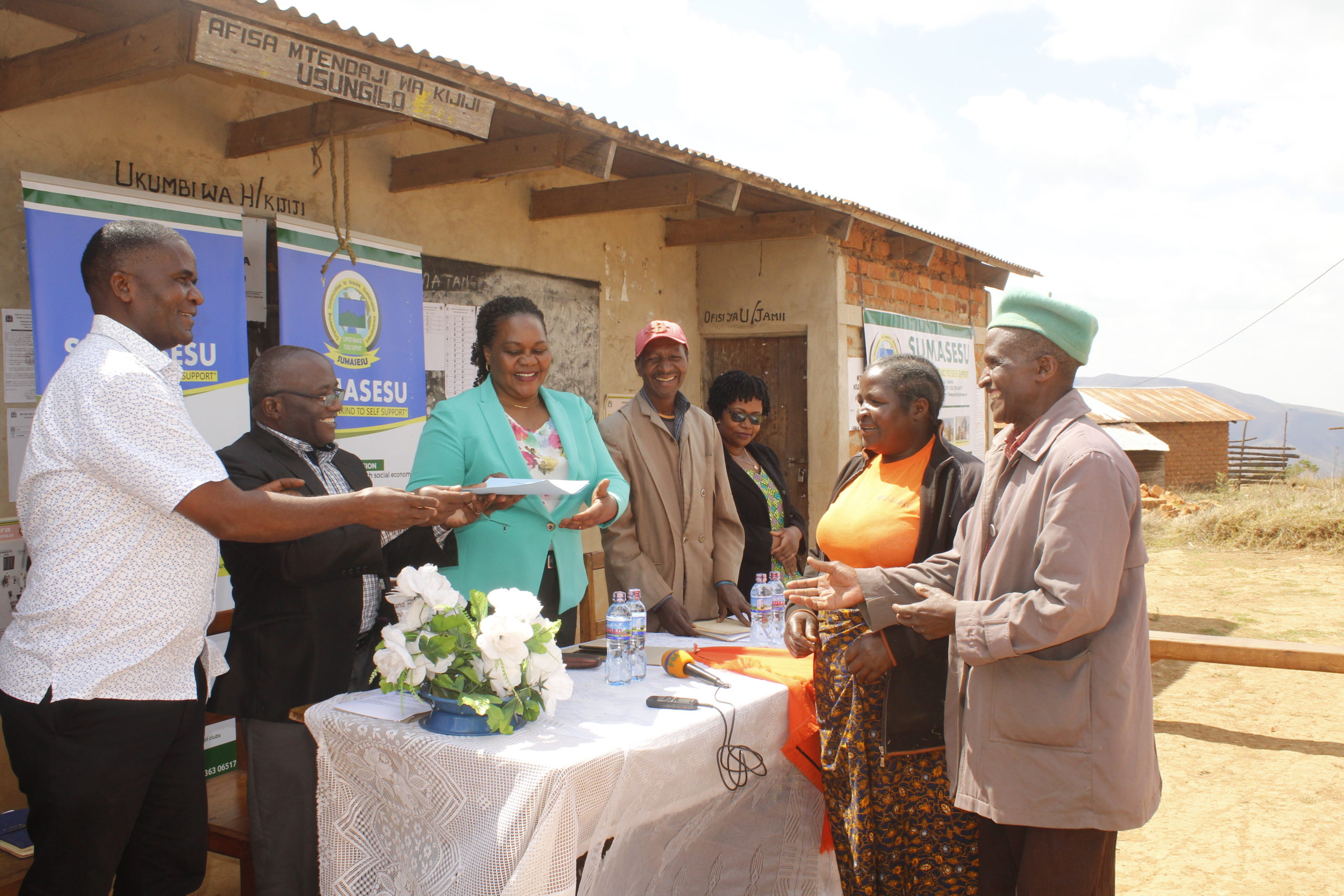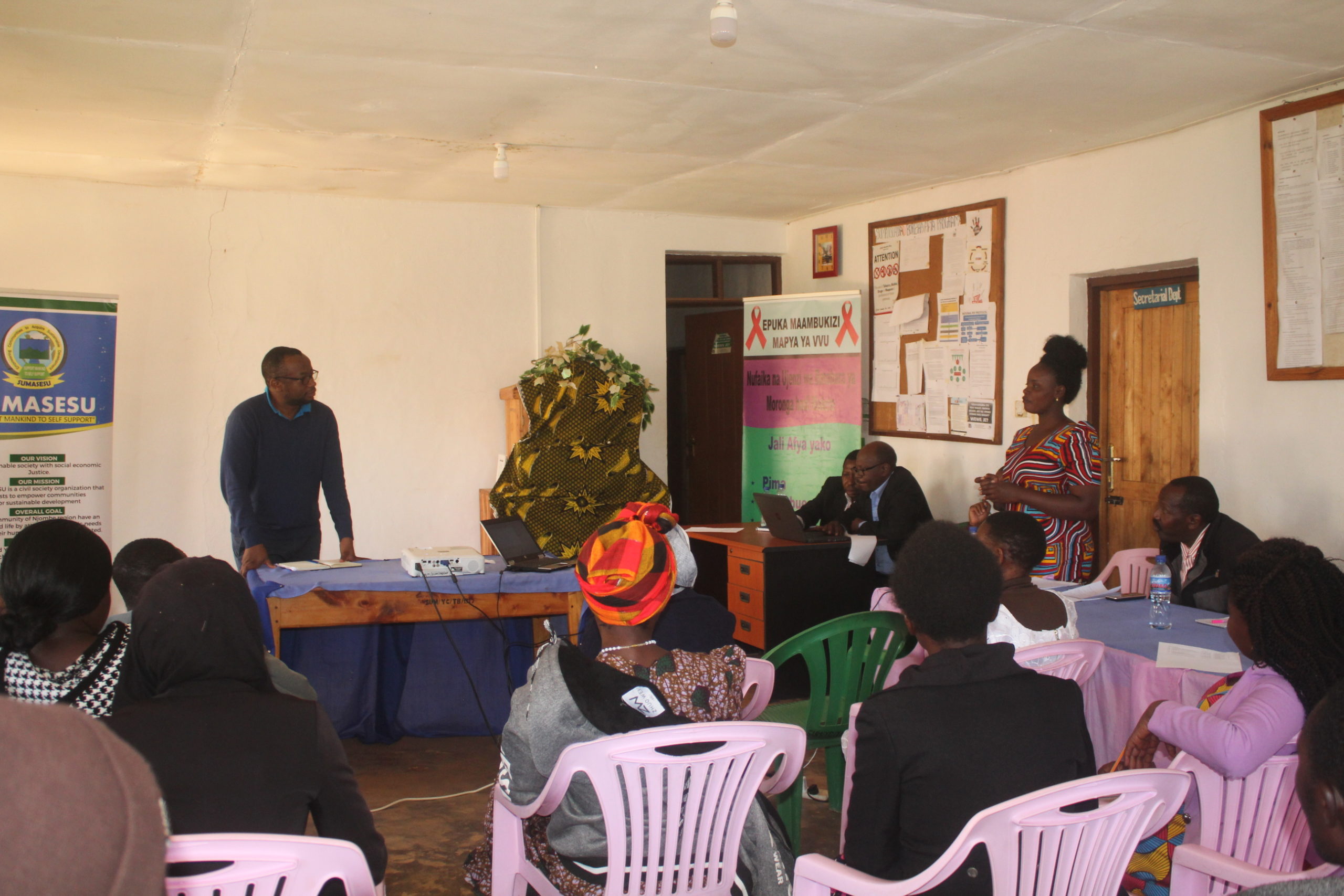PHASED PROJECTS
EpiC phase 1

SUMASESU – EpiC project annual report which entails activities implemented in fiscal year 2022, EpiC project in Makete DC has managed to reach Key Population (KPs) and their networks with HIV prevention package of services to KPs, this package involve combination of interventions of Social behavioral change and communication, Biomedical and Structural).
Peer educators offered health education session in FSW hangouts, condom and HVIST distribution to FSW networks and partners of FSW then clients linked to community health care worker for integrated HTS services.
SUMASESU managed to engage a total of 10 FSW Peer Educators for hotspot mapping a and validation in FY22. Total 128 FSW hotspots were mapped as active hotspots in FY 22 where by 45 were new hotspots and 81 were old hence were validated. The overall hotspots had size estimation of 1683 FSWs.
Makete Women and Youth Economic empowerment (MWYEE) 1
SUMASESU has been implementing the Women and Youth Economic Empowerment (MWYEE) project since October 2018. It is a 7-years project implemented in phases, with phase one beginning in October 2018 and ending in June 2021, and phase two beginning in June 2021 and ending in June 2024. The project is funded by Bread for the World (BftW), and it targets marginalized community members while ward land tribunals, local radio listeners, other household members, and local government leaders as indirect participants making a total of 20,515 participants
MWYEE is implemented in 9 wards of Makete District in the 13 villages ofUsungilo, Makangalawe, Unenamwa, Ilevelo, Ndulamo, Idende, Ugabwa, Kitula, Ihela, Ipepo, Igolwa, Nkunga, and Kidope. The project’s main focus is on empowering women and youth through their economic group networks to have land rights and obtain their Certificate of Customary Rights of Occupancy (CCRO), which will allow them to control, manage, and use land for economic generation activities, the program also focuses on increasing awareness in the 13 project villages about resilience to natural disasters and the effects of climate change.






